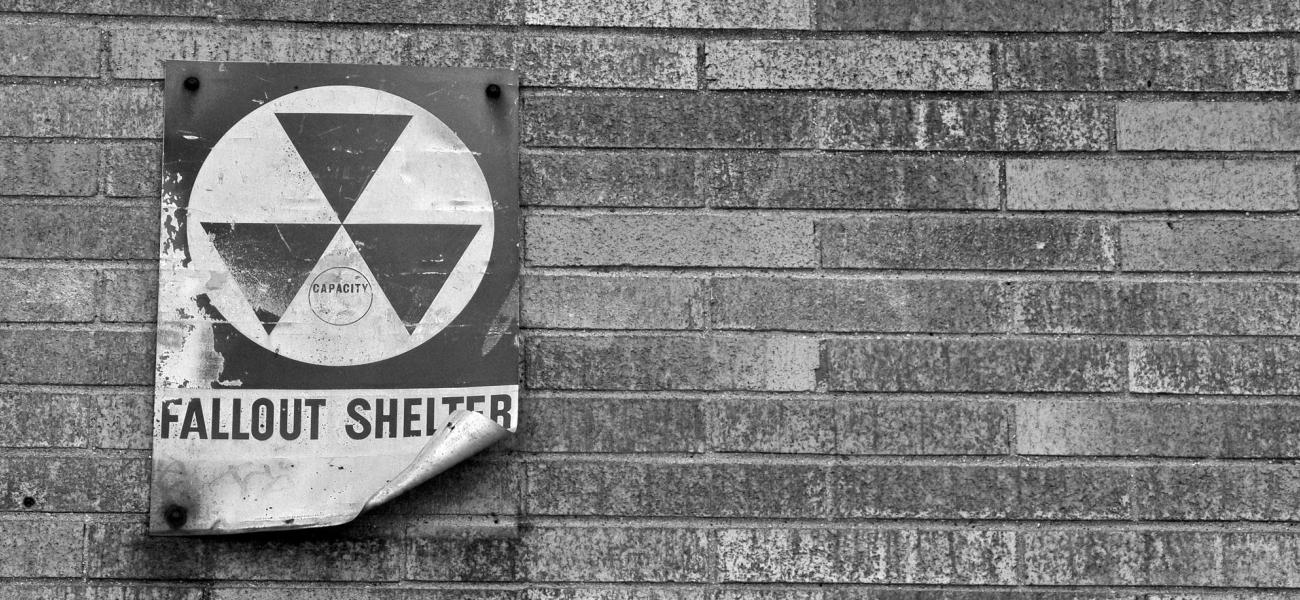
Nuclear Arms Control and US-Russia Relations
This report was originally published by the Working Group on the Future of U.S.-Russia Relations.
Executive Summary
Recent developments in relations between the United States and Russia have made enhanced—or even continued—cooperation over nuclear arms control increasingly difficult. In this report, we identify five challenges to cooperation. These are:
- Declining relations and negative public opinion: The general relationship between Russia and the United States deteriorated over recent years. Public opinion polls and elite discourse in both countries reflect this decline. This raises the political costs associated with pursuing cooperation of any kind, including cooperation over arms control.
- Allegations of noncompliance and mistrust: Both the United States and Russia claim the other is in violation of existing agreements. The existence of these allegations—and the fact that they were not resolved quickly—significantly undermines trust between the two countries over the issue of nuclear arms control.
- End of strategic insulation of arms control: Public fears over the occurrence of nuclear conflict have declined since the Cold War. This, together with broader shifts in relative power, makes it more difficult for Russia and the United States to insulate the issue of nuclear arms control from both their domestic politics and the broader relationship between the two countries.
- Effect of conventional technologies: Recent technological developments have blurred the line between nuclear and non-nuclear military capabilities. Non-nuclear weapons now have indisputable implications for the strategic effectiveness of nuclear weapons. If the United States and Russia fail to address these issues in future treaties, we open the door to a new arms race in these nuclear-adjacent arenas.
- Divergent threat perceptions: The United States and Russia no longer understand each other’s views of nuclear war-fighting. This generates misperceptions, as countries must base their assessment of nuclear threats purely on changes to technological capabilities without accounting for the intentions behind such changes. This leads countries to overestimate particular threats, which, in turn, affects how they develop their own nuclear policy.
Although the challenges to cooperation over nuclear arms control are significant, we offer five policy recommendations aimed at alleviating some of these concerns and improving the prospects for cooperation more generally:
- First, the leadership of Russia and the United States must reaffirm their commitment to maintaining strategic stability and preserving bilateral arms control. This should be done even if they cannot immediately agree on terms for a new treaty.
- Second, the United States and Russia should revive the INF’s verification provisions to allow the investigation of alleged violations. Furthermore, all future treaties must include robust verification provisions.
- Third, Russia and the United States need to improve dialogue over nuclear arms control issues. As part of this, they must commit to taking each other’s concerns more seriously. This includes concerns about particular perceived threats and compliance issues.
- Fourth, the arms control discussion must be broadened to include nonstrategic nuclear weapons and related conventional weapons and technologies. Although this may complicate negotiations, it is necessary for future treaties to be meaningful.
- Fifth, the United States and Russia should actively try to improve cooperation over the more noncontroversial issues on the nuclear agenda, such as strengthening global nuclear security and preventing nuclear terrorism. Doing so will open channels of communication that can later facilitate more difficult conversations about arms control.
Sarah Hummel
Sarah Hummel is an assistant professor of political science and an affiliate of the Russian, East European and Eurasian Center at the University of Illinois at Urbana-Champaign.
Andrey Baklitskiy
Andrey Baklitskiy is a consultant at the PIR Center, a Moscow-based think tank, and a research fellow at the Center for Global Trends and International Organizations at the Diplomatic Academy of the Russian Foreign Ministry.
Photo by Jürgen Stemper shared under a CC BY-ND 2.0 license.

